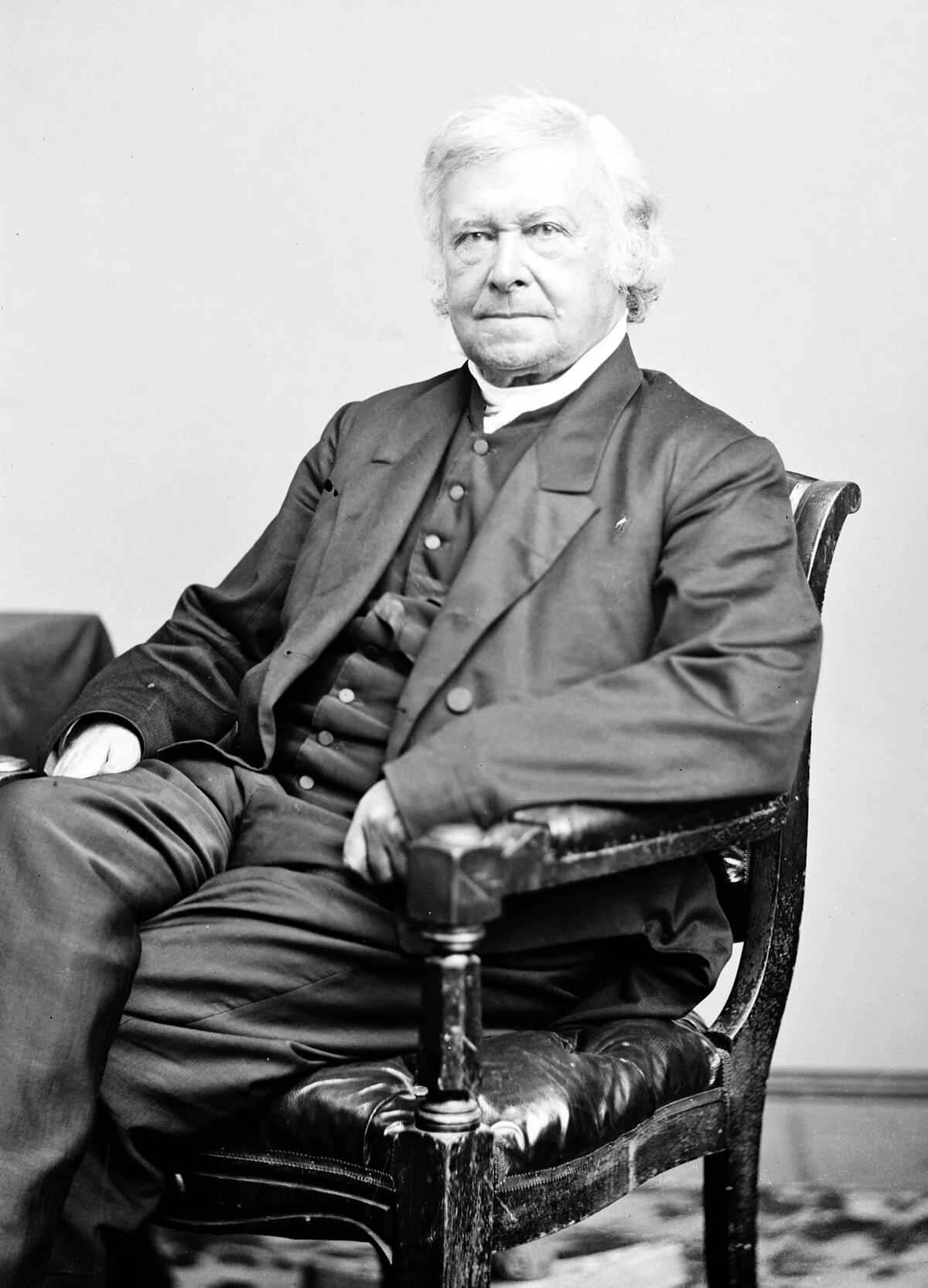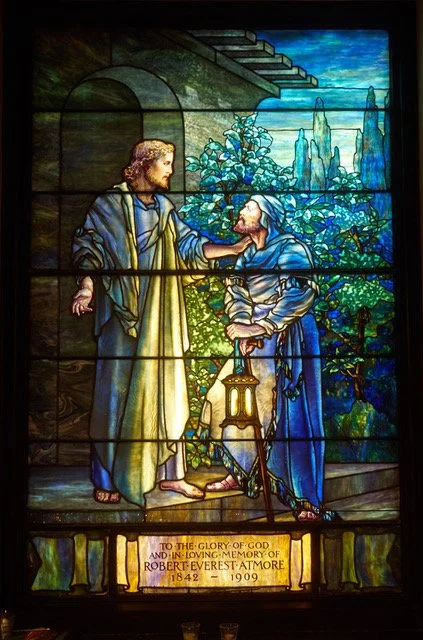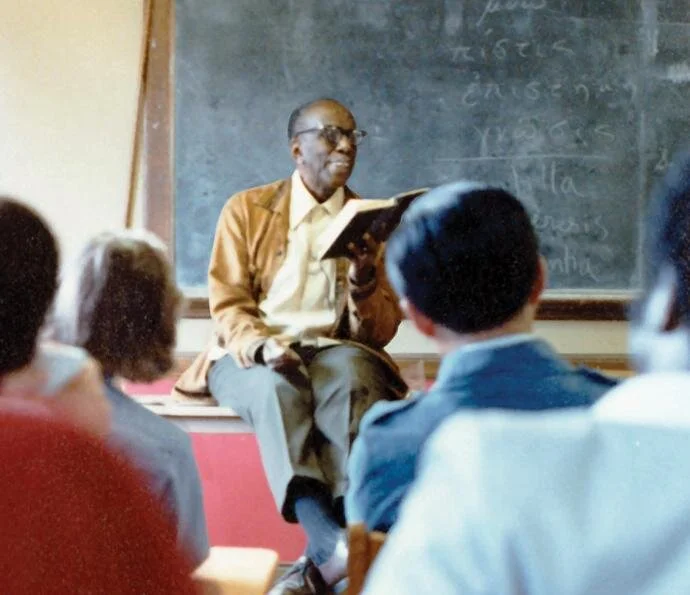Friday Reflection: On Jackson Kemper, First Missionary Bishop in the United States – Part Two
Read Part One of this Reflection on Jackson Kemper →
“…What nobler model of a missionary Bishop than Paul…to go out, in the Savior’s name, the first Missionary Bishop of this Church. Going with the office, go in the spirit of an Apostle…”
I. Jackson Kemper, it became clear, was both exceptionally gifted and engaged: he continued his mission work on behalf of the national church while serving the three united parishes in Philadelphia. As his reputation as a competent and hard-working parish Rector and administrator grew, he received calls to parishes outside of Philadelphia, none of which he accepted. Kemper, however, seemed increasingly interested in leaving the Diocese of Pennsylvania, partly because of Diocesan politics but mostly to escape the often fever-riddled Philadelphia summers. Consequently, in 1831, the Kemper family moved to Norwalk, Connecticut where Jackson Kemper became Rector of Saint Paul’s, one of the state’s largest parishes at the time. There his wife Ann Relf died, leaving her husband with the full responsibility for their three children. While Kemper grieved, he also maintained an exceedingly demanding schedule, both in his parish work and in his ever-increasing service to the National Episcopal church. Given how unsettled Kemper must have been during this period—he had lost his first wife in 1818—it is perhaps not unusual that he increased his workload. Yet the four years Kemper spent at Saint Paul’s gave him a much-needed home, where he could be a Rector and parent, and from which he could continue his mission work on behalf of the National church.
II. If there was a clear sign of the Holy Spirit working in Jackson Kemper’s life, it came at the 1835 General Convention of the Episcopal Church when he was appointed a Bishop whose sole work was service as a missionary on behalf of the National Episcopal church. In the Episcopal church, Bishops are elected, and it was both a credit to Kemper himself and to the urgency of strengthening and expanding the church’s missions that he was appointed and not elected. The Episcopal church was still very new (founded in 1789) and seeking its own identity and communities. This appointment as the First Missionary Bishop of the Episcopal Church would require Kemper to work in the “wilderness” of the church which, over time, came to include Indiana, Missouri, Kansas, Nebraska, Oklahoma, Wisconsin, Iowa, Minnesota, the Dakotas, Tennessee, Mississippi, Louisiana, Alabama, Georgia and Florida. Here is what Kemper said about his appointment:
“…My appointment filled me with astonishment, for it was entirely unexpected. How could I refuse a station of so much toil and danger without being stigmatized as a coward—perhaps a traitor to that cause to which I have committed my life? I hope I am not deceived. I have reflected deeply and calmly upon the subject and I think the path of duty is plain before me.”
III. Jackson Kemper labored for over three decades as the “Bishop for the Whole Northwest,” spending most of his time on horseback, traveling alone. In virtually everything he did as a churchman and Bishop, he was always a missionary whose first duty was to his church and to his God. For example, he established theological institutions (Kemper College, Nashotah House and Racine College) that helped seminarians and priests prepare for the demands of missionary work. At the time of his resignation as the only Missionary Bishop of the Episcopal Church in 1859, Kemper had organized six Episcopal dioceses, ordained over 200 priests, baptized, confirmed, married and buried thousands, and traveled well over 300,000 miles, primarily by horseback, open carriage or stagecoach. Apparently, all Kemper carried with him—in his saddlebags—were his clerical robes, communion service, bible and prayer book.
IV. As we continue our journey in a post-Pentecost and post-Pandemic world, we would do well to recognize that we are called to both new life in the Spirit and a new way of living in a dramatically altered culture. Henry Nouwen has said that one cannot live a spiritual life without solitude, for it is in solitude that we find God. Nouwen’s point reminds us that in these last weeks, each of us has begun to emerge from our own solitude. Now we begin to see the connection between Jackson Kemper’s “path of duty” and his life in solitude.
V. We might consider, then, Jackson Kemper as a model of how to live a full life in God and the Holy Spirit, a life grounded in altruism, service, duty, solitude, and what it means to do without. Think saddlebags and traveling 10,000 miles per year on horseback.
Amen










